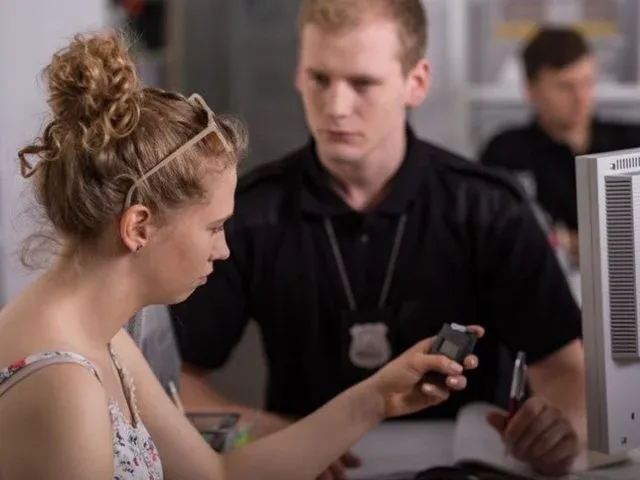Every time you get behind the wheel of a car and venture out onto the public roads and highways, you follow certain rules. You wear your seatbelt, you drive on the right side of the road, and you stop at all stop lights. By following the rules of the road and being a safe driver, you follow an unspoken pact that all drivers share: to get to where you’re going without breaking any laws. By doing this, we keep our roads and highways as safe as possible. The idea of implied consent follows closely to this line of thinking.
Implied consent basically means that if you choose to drive on Rhode Island roads and highways, you are already giving implied consent. This includes permission to a law enforcement officer to give you a blood or breath analysis test to determine if you are driving under the influence. But what happens if you refuse to take a blood alcohol test or a breathalyzer test? What are the penalties for not abiding by the basic laws of implied consent? In this article, we explore the idea of implied consent and what happens when a driver refuses to comply.
What Does Implied Consent Include?
First and foremost, it’s important to remember that implied consent doesn’t only include taking blood alcohol tests or breathalyzer tests. There are other basic functions that fall under the law of implied consent. For instance, when you pass a driver’s test and obtain a license, you agree to carry that license with you when you drive. Here are all the obligations that are included under the implied consent law:
- Always have your driver’s license and proof of insurance with you when you operate a vehicle
- Consent to providing the driver’s license and proof of insurance to a law enforcement officer if you are pulled over
- Providing blood, urine, or breathalyzer tests to be able to provide evidence of driving under the influence if you are pulled over
- Consent to fulfilling the request to perform a field sobriety test if you are pulled over
What If You Refuse?
There are plenty of signs that will suggest a driver could be operating a vehicle under the influence. A law enforcement officer may pull you over if you’re swerving in and out of lanes, ignoring stop signs or traffic lights, or driving too fast or too slow.
If an officer believes that you are driving under the influence of drugs or alcohol, they will pull you over and ask you to provide a breath alcohol test or a field sobriety test. Law enforcement also has the right to ask for a blood or urine test as well. If you refuse any or all of these tests, you’ll face serious penalties and consequences. If you refuse a breath or urine test for the first time:
- 10-60 hours of community service
- $200-$50 fine
- License will be suspended for 6 months to 1 year
If you refuse a breath or urine test for the second time:
- up to 6 months of jail time – 60-100 hours of community service – $600-$1,000 fine
- License will be suspended for 1 to 2 years
If you refuse a breath or urine test for the third time:
- Up to 1 year of jail time
- A minimum of 100 hours of community service – $800-$1,000 fine
- License will be suspended for 2-5 years
It’s also important to note that refusing to take a blood-alcohol test will result in comparable penalties and consequences of refusing a breath or urine test. However, in the state of Rhode Island, refusing to take a blood test will never result in jail time. Instead, a judge will determine a penalty that may include an increase in fines or license suspension.
Other Factors in Refusal
If you refuse to take a breath, blood, or urine test, a judge also has the right to install an Ignition Interlock Device (IID). This is a device that is connected to your vehicles ignition system that you will need to blow into to start the engine. The vehicle will only start if you have zero alcohol in your system. The judge will determine the amount of time that the device is installed in your vehicle by the number of offenses and severity of the charge.
For More Information on Implied Consent
If you’ve been charged with a DUI in the state of Rhode Island, it’s important to have a law expert on your side. An experienced DUI lawyer can help determine if your arrest was just. They can also determine if you have the right to challenge this arrest. A DUI lawyer can also help you determine if you’re eligible for a hardship license. This is when you’re granted a temporary license to attend school, work, or medical attention. Contact a DUI lawyer today to learn more about your charges and what your options are.



